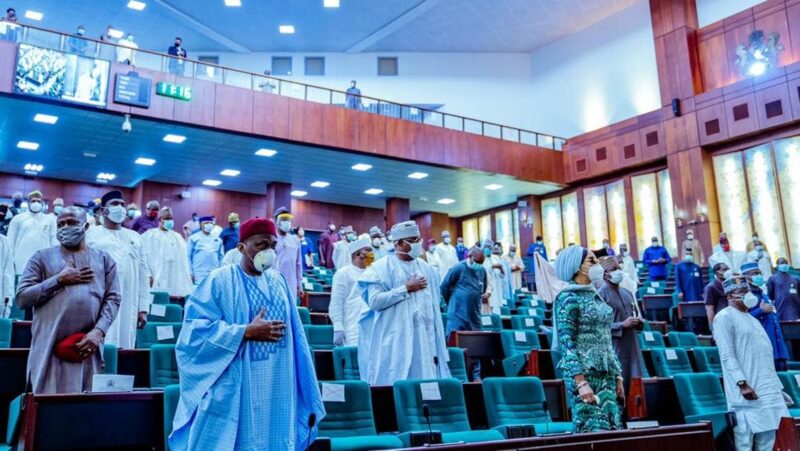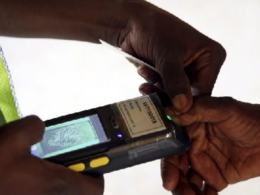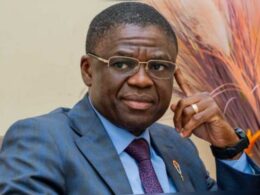Abuja, Nigeria – The National Assembly has kick-started the process of amending the country’s electoral laws in a public hearing organized by the Senate and House of Representatives Joint Committee on INEC & Electoral Matters, promising electoral reforms by the end of the first quarter of 2021.
The public hearing which was attended by lawmakers, INEC officials, Civil Society Organisations and other stakeholders is one of the steps toward the amendment process on the Bill for an Act to Repeal the Electoral Act No. 6, 2010 (As Amended) and Enact the Independent National Electoral Commission Act, 2020.
The President of the senate, Senator Ahmed Ibrahim Lawan speaking to flag off the public hearing noted that the electoral act amendment amongst other pressing matters of legislation in the assembly is one of the targets of this 9th National Assembly.
“By the grace of God, the electoral act is one of those targets that without being held accountable we will work hard to get the bill passed before the end of the first quarter of next year”. He said.
Speaking further, the president of the senate prevailed on Nigerians for their support and prayers for the legislative arm of government rather than distract them in the course of discharging their duties.
Aisha Jibril Dukku, Lawmaker and Chairperson of the House of Representatives Committee on Electoral matters, speaking said that the legal framework of the elections should be settled long before the electioneering process begins.
Showing support for the event, Former Deputy President of the Senate and lawmaker, Dr. Ike Ekweremadu said he would love to see a further amendment to the section that makes provision for technological advancement to be more comprehensive.
The bill in focus proposes an amendment of over 300 clauses expected to promote free, fair and credible elections.
Some of the proposed amendments in the bill include:
INEC may adopt electronic voting or any other method of voting in any election it conducts as it deems fit, the presiding officer shall use a smart card reader or any technological device that may be prescribed by the commission to accredit voters, where a smart card deployed for accreditation of voters fails to function in any polling unit, a fresh card reader must be provided.
Where a fresh card reader is not deployed, the election in that unit shall be cancelled and another election shall be scheduled within 24 hours.
There have been a previous attempt by the Eight assembly to amend the electoral law before the 2019 elections, However, President Buhari declined in signing the bill into law on the premise of closeness to the 2019 general elections but this time ongoing 9th Assembly is poised and insists it will amend the electoral act in good time ahead of the 2023 general elections.
There have been consistent calls for Nigeria to reform it’s electoral process as many have said credible elections will promote political stability and deepen democracy.










Join our Channel...